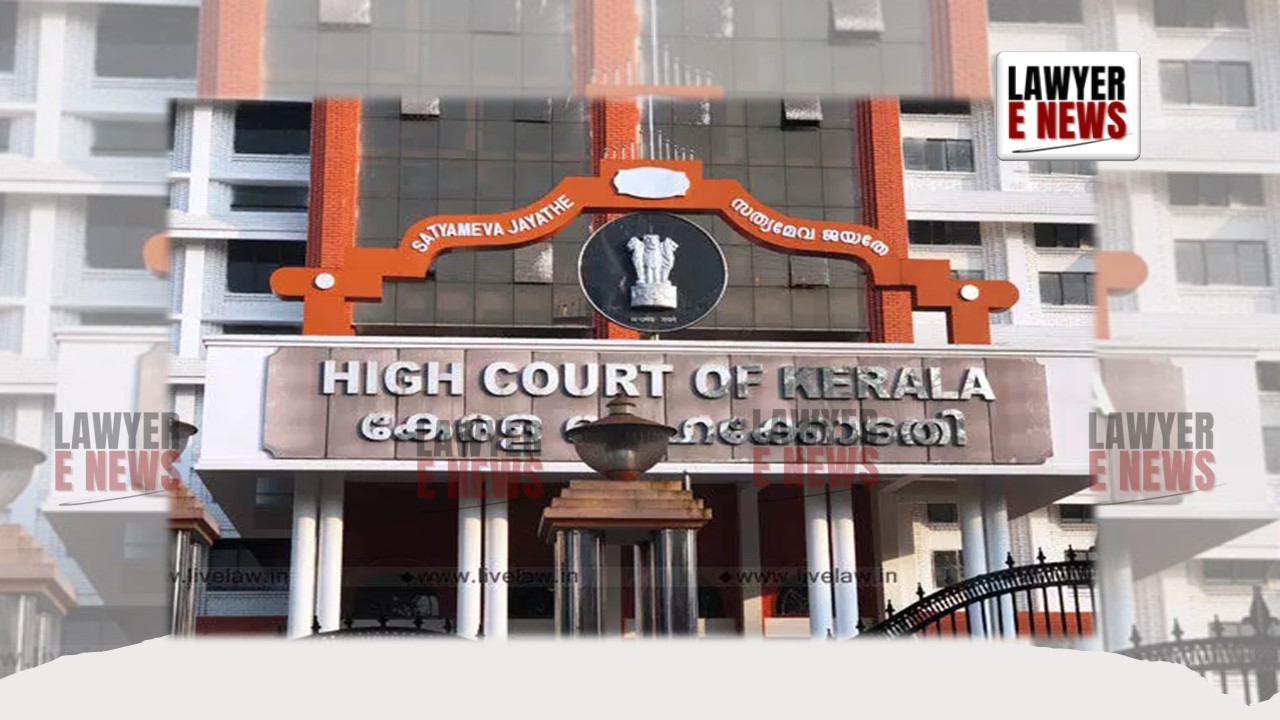-
by Admin
15 February 2026 5:35 AM



B.Tech degree holder’s appointment as Tradesman upheld, court clarifies eligibility under Rule 10(a)(i) and (ii) of Kerala State and Subordinate Services Rules, 1958.
In a landmark judgment, the Kerala High Court upheld the appointment of a B.Tech degree holder to the post of Tradesman in the Electrical and Electronics Engineering Department. The court dismissed the writ petition challenging the appointment, emphasizing that a higher qualification in the same faculty presupposes the acquisition of a lower qualification as per Rule 10(a)(i) and (ii) of the Kerala State and Subordinate Services Rules, 1958.
The petitioner, Basil Thomas, contested the appointment of respondents 6 and 7, Jerin Shajan and Kiran Joy, to the post of Tradesman at Mar Athanasius College, alleging that they lacked the essential qualifications prescribed under the Special Rules. The petitioner argued that the qualifications required for the post included a Technical High School Leaving Certificate or equivalent along with ITI or equivalent certificates, and contended that a B.Tech degree does not qualify as a higher educational qualification for this post.
The court highlighted that the B.Tech degree is a higher qualification within the same faculty of Electrical and Electronics Engineering, thereby presupposing the acquisition of the lower qualifications prescribed for the post of Tradesman. “A higher qualification in the same faculty must be considered as sufficient, unless explicitly excluded by the rules,” noted Justice Mohammed Nias C.P.
The judgment extensively referred to the Supreme Court’s precedent in Jyoti K.K. v. Kerala Public Service Commission, which held that higher qualifications in the same faculty are acceptable for posts requiring lower qualifications unless specifically disqualified by the rules. The court noted, “The principle that a higher qualification presupposes a lower qualification is well established and applicable in this case.”
The court reasoned that the absence of explicit exclusion of higher qualifications in the special rules or government orders meant that B.Tech holders were eligible for the Tradesman post. The court stated, “The rules should have excluded candidates with higher qualifications if that was the intent of the appointing authority.”
Justice Mohammed Nias C.P. emphasized, “The qualification of a B.Tech degree in the same faculty necessarily presupposes the acquisition of the lower qualification prescribed for the post.”
The Kerala High Court’s decision underscores the principle that higher qualifications within the same faculty presuppose lower qualifications, reinforcing the legal framework for educational qualifications in government appointments. The dismissal of the writ petition reaffirms the validity of appointing B.Tech degree holders to positions that traditionally require lower technical qualifications, provided there is no explicit rule excluding such candidates. This judgment is expected to have significant implications for similar cases in the future.
Date of Decision: June 28, 2024
